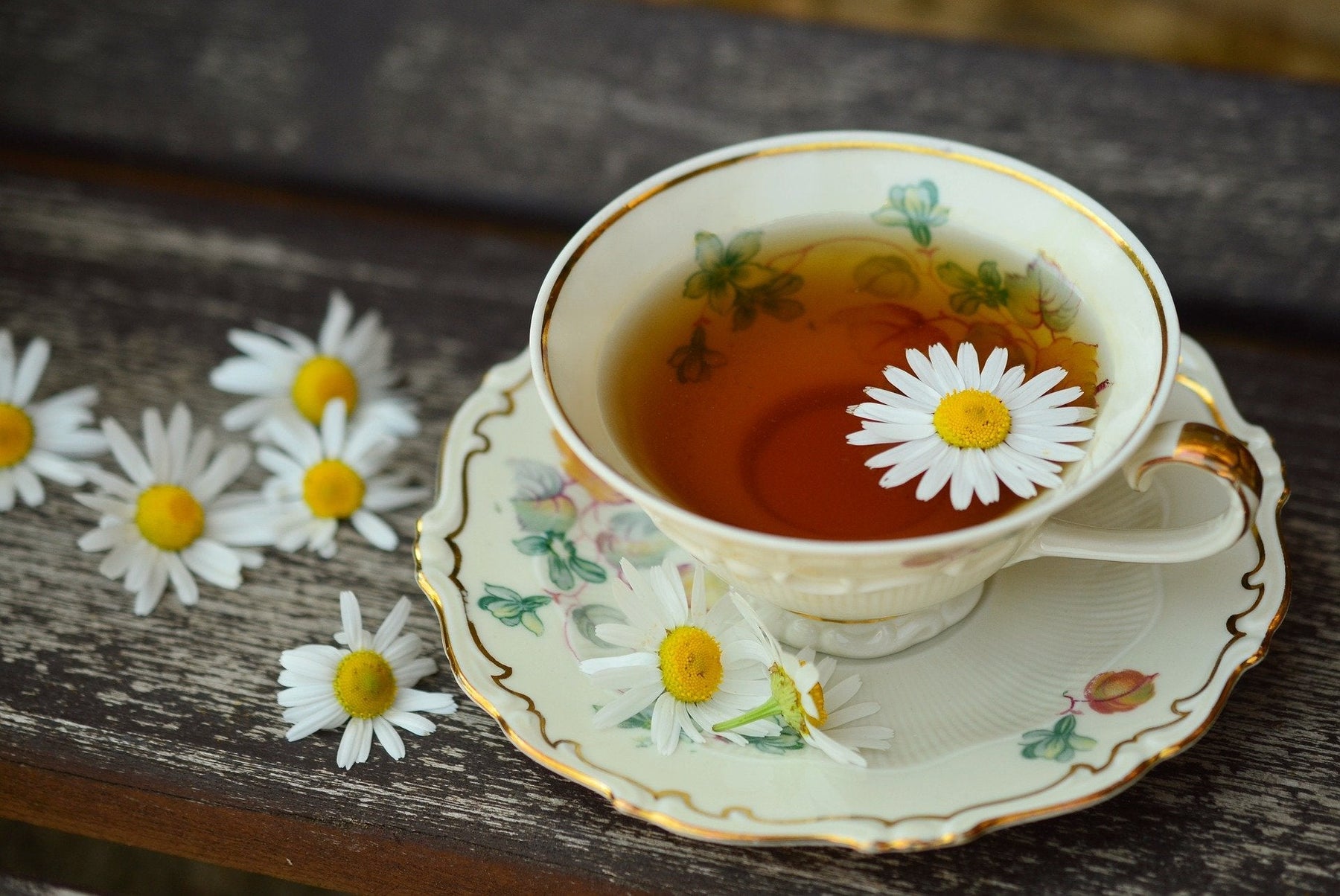
Theanine Supplements
Theanine (also known as L-theanine or N5-ethyl-L-glutamine) is an amino acid. It has a notable present in tea, which, according to one National Center for Biotechnology Information (NCBI) report, is the “most widely consumed beverage in the world after water.” In the body, theanine breaks down into glutamic acid, an important amino acid that serves as a neurotransmitter (chemicals that allow nerves to communicate), a compound involved in cellular metabolism, and a food additive. It is Generally Recognized as Safe (GRS) by the Food and Drug Administration, and extremely high, repeated doses caused no noticeable harm in a particular rat study.
Theanine has been the subject of scientific research for some time. Studies indicate that theanine has psychoactive properties, meaning it can directly affect the functioning of the central nervous system. Scientists believe that theanine may reduce stress, increase alertness, and boost mood. In trials conducted on theanine’s effect on the brain, electroencephalograms (EEGs) significant changes in the participants’ alpha waves, suggesting that theanine may promote alpha wave production. A placebo-controlled trial reported in The Journal of Clinical Psychiatry suggested that theanine can augment the effectiveness of antipsychotic drugs at reducing certain symptoms of schizophrenia and schizoaffective disorder.
Some beverage and thiamine supplement manufacturers market theanine-containing products as being able to promote concentration and alertness or, conversely, relaxation and calmness. While these manufacturers are legally allowed to make such claims (so long as they never claim that their products can diagnose, treat, cure, or prevent any disease, lest they invoke the holy regulatory wrath of the FDA), research to date does not firmly support such claims, and more definitive clinical trials need to be conducted before theanine can be confidently touted as treatment for any particular health condition.


Leave a comment